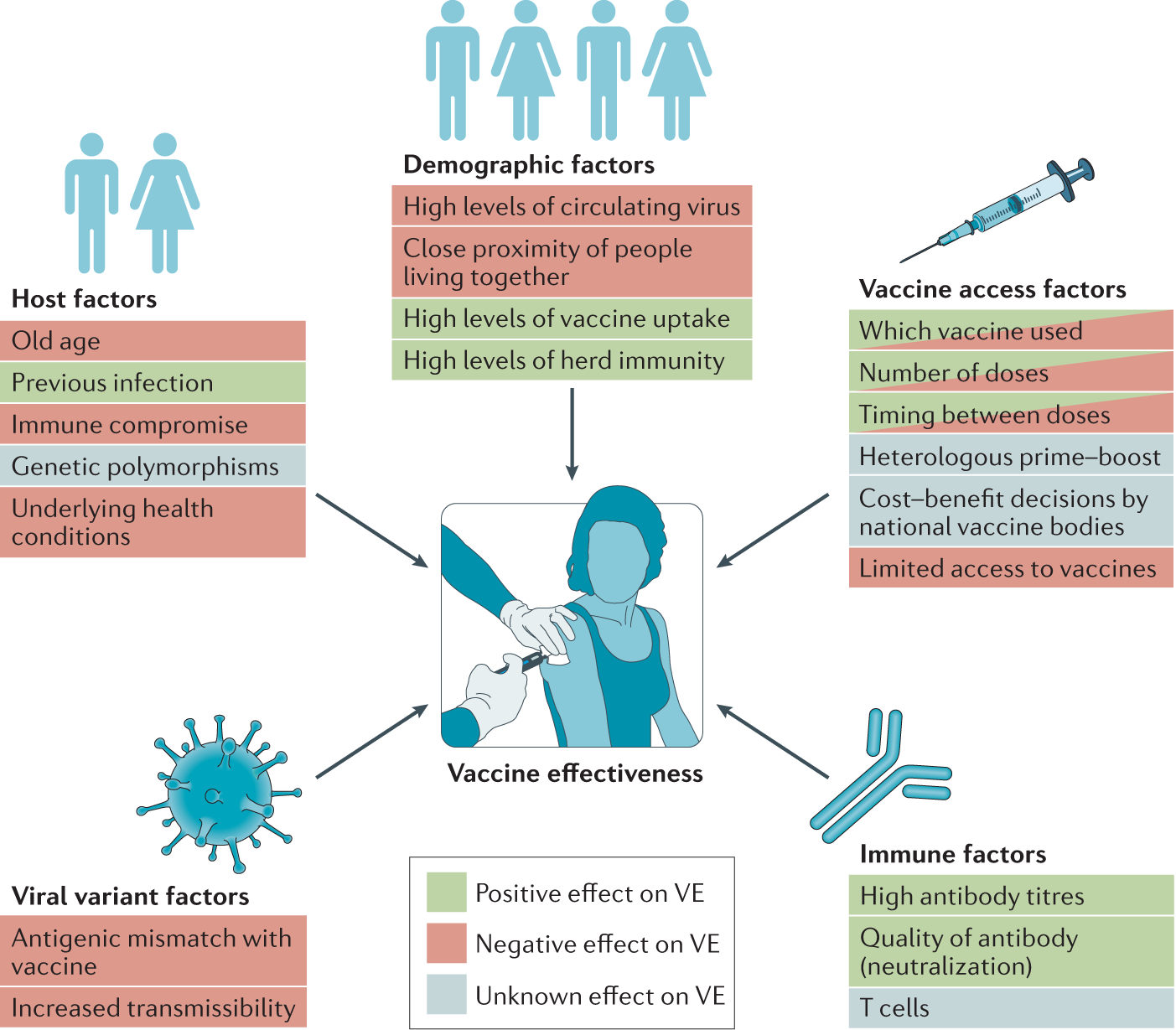
Enhancing Epidemic Healthcare Systems: Strategies for Resilience
The resilience of healthcare systems during epidemics is crucial for effective response and containment. This article explores key strategies to strengthen epidemic healthcare systems, ensuring they can effectively navigate the challenges posed by infectious diseases.
1. Comprehensive Preparedness Planning
A cornerstone of strengthening epidemic healthcare systems is the development of comprehensive preparedness plans. These plans should encompass a range of scenarios, outlining specific strategies for resource allocation, workforce mobilization, and coordination with external partners. Preparedness planning ensures a swift and organized response when epidemics occur.
2. Robust Surveillance and Early Warning Systems
Effective surveillance is vital for early detection and containment of epidemics. Investing in advanced surveillance technologies and data analytics enhances the ability to monitor disease trends, detect potential outbreaks, and issue timely warnings. Early warning systems empower healthcare systems to proactively respond and mitigate the impact of emerging infectious diseases.
3. Building Healthcare Infrastructure Capacity
The capacity of healthcare infrastructure plays a pivotal role in epidemic response. Strengthening healthcare systems involves investing in infrastructure development, including the construction of hospitals, laboratories, and quarantine facilities. Additionally, ensuring a sufficient supply of medical equipment, medications, and protective gear is essential for managing increased patient loads during epidemics.
4. Adaptable Response Strategies
Epidemics are dynamic and often unpredictable. Strengthening healthcare systems requires the development of adaptable response strategies. Flexibility in decision-making allows for swift adjustments to changing circumstances, ensuring that the healthcare system remains effective in the face of evolving challenges posed by infectious diseases.
5. Fostering Interdisciplinary Collaboration
Effective epidemic response necessitates collaboration across various disciplines. Strengthening healthcare systems involves fostering interdisciplinary collaboration between healthcare professionals, researchers, policymakers, and public health experts. This collaborative approach ensures a holistic understanding of epidemics and facilitates a coordinated response.
6. Community Engagement and Education
Empowering communities through engagement and education is a key strategy for healthcare system resilience. Community awareness campaigns, training programs, and the dissemination of accurate information contribute to a more informed and proactive public. Engaged communities play a crucial role in supporting healthcare efforts and adhering to recommended preventive measures.
7. Integration of Digital Health Technologies
The integration of digital health technologies enhances the efficiency of epidemic healthcare systems. Telemedicine, electronic health records, and mobile health apps contribute to remote patient monitoring, data management, and communication. These technologies streamline healthcare delivery, especially during times when physical distancing is essential.
8. Continuous Training and Capacity Building
Healthcare professionals are at the frontline of epidemic response. Strengthening healthcare systems involves continuous training and capacity building for healthcare workers. Regular drills, simulations, and access to ongoing education programs ensure that the workforce is well-prepared to handle the unique challenges posed by different infectious diseases.
For the latest insights on Strengthening Epidemic Healthcare Systems, visit healthcares.my.id and stay informed about innovative strategies and best practices in building resilient healthcare systems. By implementing these strategies, healthcare systems can better withstand the challenges posed by epidemics and protect the health and well-being of communities.













